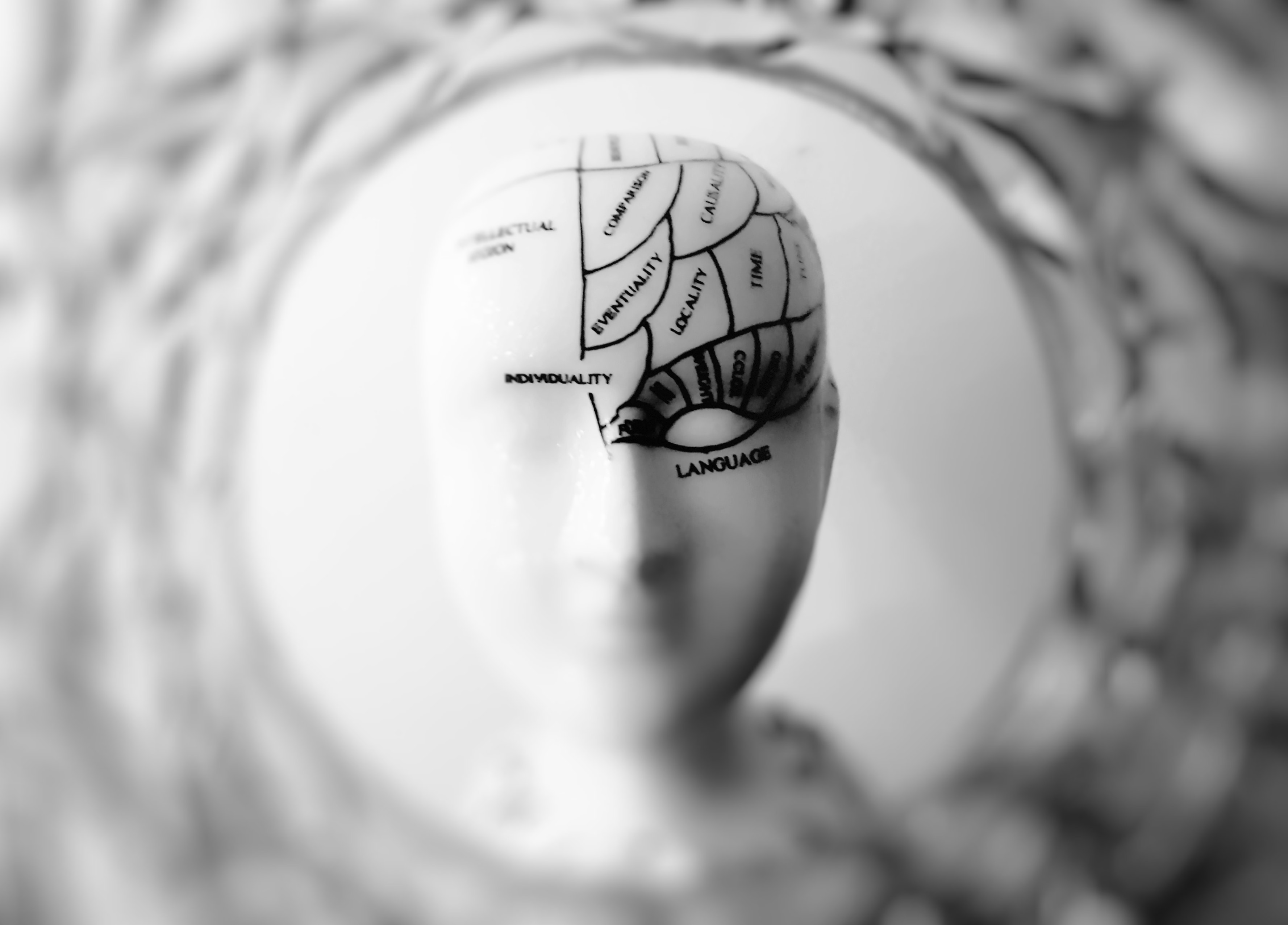Our Deep Dive Into Core Emotions
We’re taking a closer look at our basic emotions and where they come from (long read). Doing things for our minds is great, but sometimes it’s...
5 min read
Januarie
Sep 15, 2022 7:10:41 PM

A carefully worded study about the gut-brain connection appeared in the news last week. But even though the scientists involved in it have put up plenty of caveats about not jumping to conclusions, it doesn’t change the fact that they might have stumbled onto something huge.

While studying the impacts of gut microbiota on brain health, the team at University College Cork injected the intestines of older mice with fecal bacteria from younger mice. As a result, older mice started showing signs of reversed age-related behavioural and cognitive deterioration, which might mean that healthy gut bacteria has a much bigger role to play in our cognitive health.
Just like the scientists at UCC, we’re taking the good news with a grain of salt. A lot more research needs to be conducted in order to establish what kind of influence these microbes have on the brain and how they can be used to treat neurodegenerative diseases. But it’s good news—for us and the mice.

The impact of personal electronic devices on our minds is still a hot topic (and will likely remain so until we find something that worries us even more), but experts don’t always see eye to eye about why mobile phones are bad for us. We’ve already spoken about the two main ways of looking at screen time: some believe that humans will always ways to ignore others, from novels to smartphones. Others believe that mobile devices are uniquely harmful because of blue light and addictive apps.
But according to a new study published in Humanities and Social Sciences Communications, we’re asking the wrong questions.
Nastasia Griffioen and her team at Radboud University Nijmegen suggest that rather than looking at the time spent on our mobile phones, we should be looking at how people spend their time on them.
During a study that focused on phone usage, the researchers noticed that participants got their phones out as soon as they were alone in the room, and decided to ask them what they did on their phones and how that activity made them feel.
Only a quarter of participants reported negative feelings from their usage, which were usually connected to social media interactions (like finding out their football club lost or reading something unpleasant). Out of the vast majority of people who reported feeling good about their phone interactions, the most positive feelings came from messaging apps that connected them to other people.
The researchers also looked at passive vs. active phone use; the passive one being motivated by boredom and resulting in mindless scrolling, while active use was either motivated by wanting to look something up or being prompted by a notification.

Having established that, the researchers looked at the mental health of the participants and noticed that those who with symptoms of depression and anxiety were more prone to passive use and reported less positive feelings associated with their usage—but those were also the same people who gravitated towards Facebook. Participants with higher levels of self-compassion reported greater levels of positive interactions on their phones and were also more likely to spend more time on their phones and switch between apps.
So the end result isn’t all about ‘screen time’ but what we do with it and how our mobile devices amplify the existing mindset that we’re in. More insights are needed (as always), but it’s safe to say that your digital life is what you make it.
 Getting Older Makes Your Memories More Positive
Getting Older Makes Your Memories More PositiveAn article by Robyn Fivush, Ph.D. in published in Psychology Today examines the phenomenon recently observed by Erika Sparrow and colleagues—people become more positive, forgiving, and empathetic as they get older. This happens regardless of age, gender, and education, and has been observed by sixteen different studies. Research shows that becoming more empathetic lowers stress levels, so some experts believe that our brains naturally make our memories more positive as we get older as a mechanism to ensure our wellbeing.

Reminiscing about our past positive experiences makes us happier and lowers anxiety, which triggers a sort-of reward mechanism that encourages us to do it more and reap even more benefits. Many think that reminiscing isn’t really that useful because it clashes with the idea of mindful presence, but a lot of therapists are using reminiscing as a mental fitness exercise to help people contextualise their experience and bring past positives to the forefront.
This proves that our mental fitness toolbox comes naturally equipped with a few brilliant ways to reduce stress and anxiety—and that the older generation has a few things figured out when it comes to wellbeing.
 The New Word On Everyone’s Lips: Interoception
The New Word On Everyone’s Lips: InteroceptionIf we asked you to tell us how many senses you have, you’d probably say five—unless you’re feeling particularly enlightened and want to throw a sixth one in. But the reality of our senses is much more complicated, because the human body has a load of smaller, more ‘niche’ senses that don’t get talked about as much as the big five. Like recognising heat and cold, pressure, pain, balance, and around fifteen more senses that don’t fit into the main categories.
But here’s a really obscure one: interoception.
If you sit down, close your eyes, and focus on your heartbeat, the awareness of it beating is interoception. If you can’t really pinpoint it, then your interoception is weak. If you can feel it pumping blood, doing its thing, then it’s strong.
Tuning in and listening to our heart is the quickest way to improve our interoception, and by extension, look after our minds better.

The reason why interoception is so important is because so much of what happens inside our bodies isn’t conscious. And often, our body reacts to anxiety in ways that are hard for us to detect, but cause physical discomfort and reinforce the feeling—like jaw clenching, shoulder tension, and posture changes. These are all muscular changes that should be controlled consciously, but sometimes muscles become so used to tension, it’s nearly impossible to relax them without long-term therapy or the air of mindful movement like yoga or tai chi.
The history of it is in the article above and well worth a read, but the key takeaway is that being aware of our body’s inner workings can have a huge positive impact on our wellbeing. And what should you do with that knowledge?
Include it in your meditation, exercise, or mindfulness practice—it’s invisible and it might make you happier and healthier.

You can find new 1-Minute Mental Fitness episodes here at Minderful Voices or submit one of your own by clicking this link and join hundreds who have already done so. Listen to Steven on the brain-gut connection:
In case you didn't know, we've built an app that helps you discover, learn about, and do more activities that make you happier and healthier.
Contact us at hello@minderful.com to find out more about how we can support mental wellness in the workplace and browse our website here.

We’re taking a closer look at our basic emotions and where they come from (long read). Doing things for our minds is great, but sometimes it’s...

4 min read
We like talking about new research, but sometimes it's good to look through the old treasure trove of mind facts. Just for good measure. This is a...

Some hobbies aren’t meant to be forever—by design. Some have dubbed the last two years as the rebirth of the hobby, which was in grave danger of...